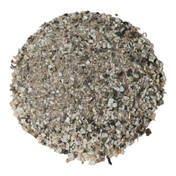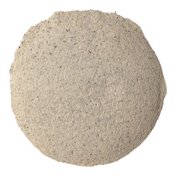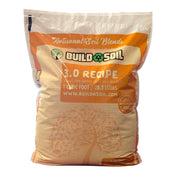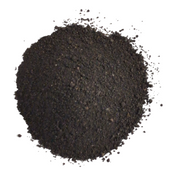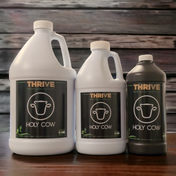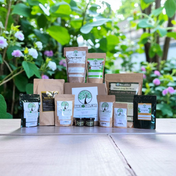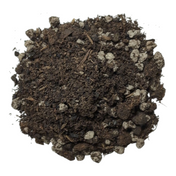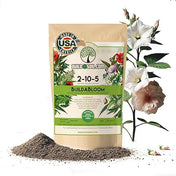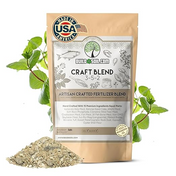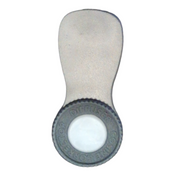Western Colorado is full of Caclareous soil and usually it makes soil testing a challenge. With that in mind we also find that potting soils mixed with Lime or Gypsum act similarly to Calcareous soils for testing purposes.
Read The Attached PDF below for the full story.
"Imagine a scenario where you have been consistently collecting soil data for tees, fairways, and greens for more than five years, using one lab and one procedure. Does this sound familiar to you? If it does, great! Regular soil testing is an invaluable tool for developing and fine-tuning fertilizer and soil amendment programs. Receiving accurate and consistent values from the laboratory, coupled with personal observations, allows for intelligent decision making in the field. But what if you were to discover that the data for all those years was wrong? Would you change to a more accurate procedure? If you grow turf on calcareous soils (those containing calcium carbonate) or gypsum, it is possible, and even likely, that you should consider changing soil testing procedures. However, in the absence of free carbonates or gypsum, a change in soil testing methods is unneeded. The objective of this article is to alert golf course superintendents who manage turf on calcareous or gypsiferous soils (containing gypsum in excess of 2%) that nutrient data obtained from the most commonly used and accepted soil testing extractants may result in misguided fertilizer and soil amendment programs."
http://verde-cal.com/soil-testing-procedures-calcareous-soils/
http://verde-cal.com//wp-content/uploads/2015/03/Soil_Testing_Calcareous_Soils.pdf






